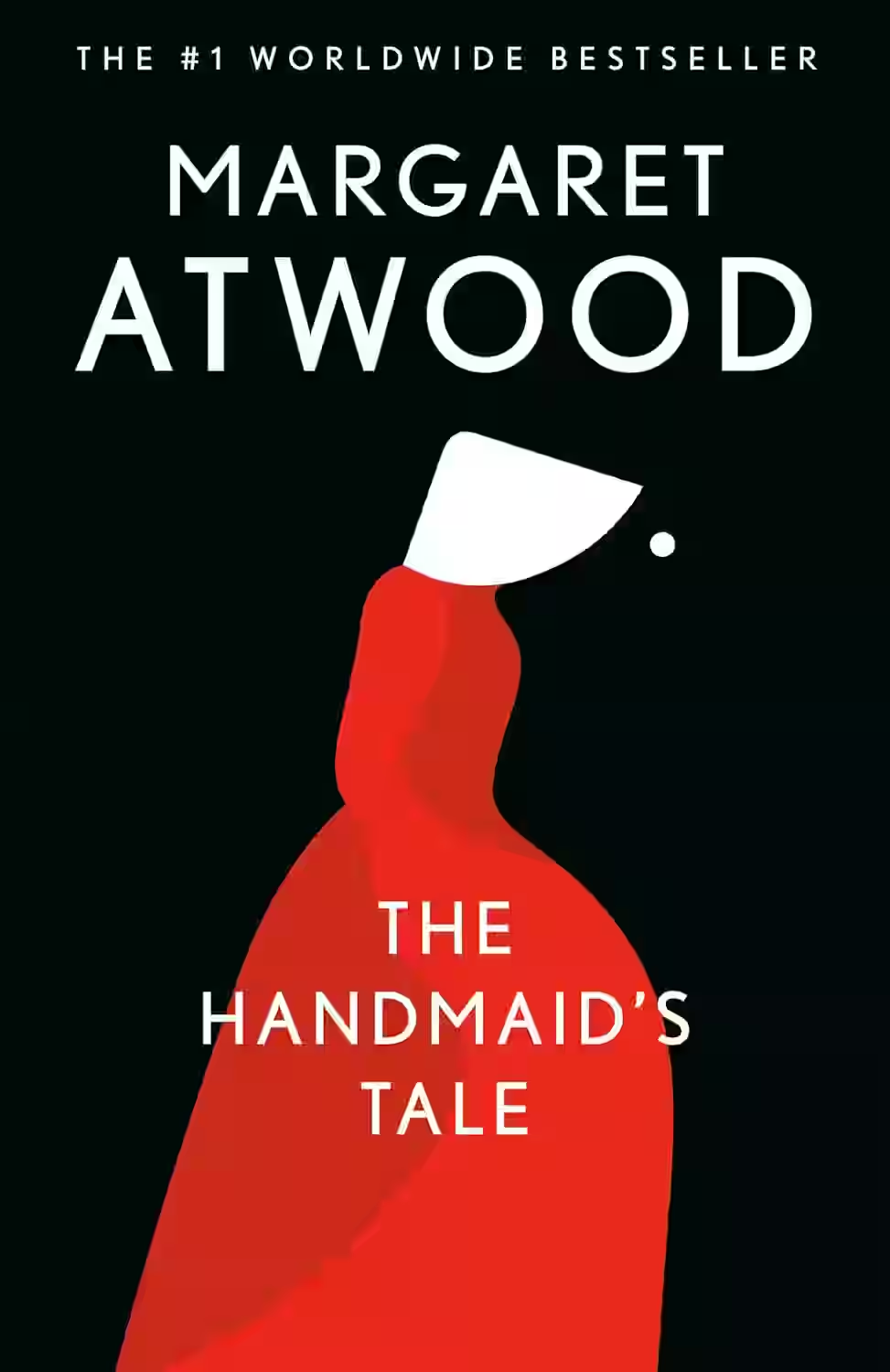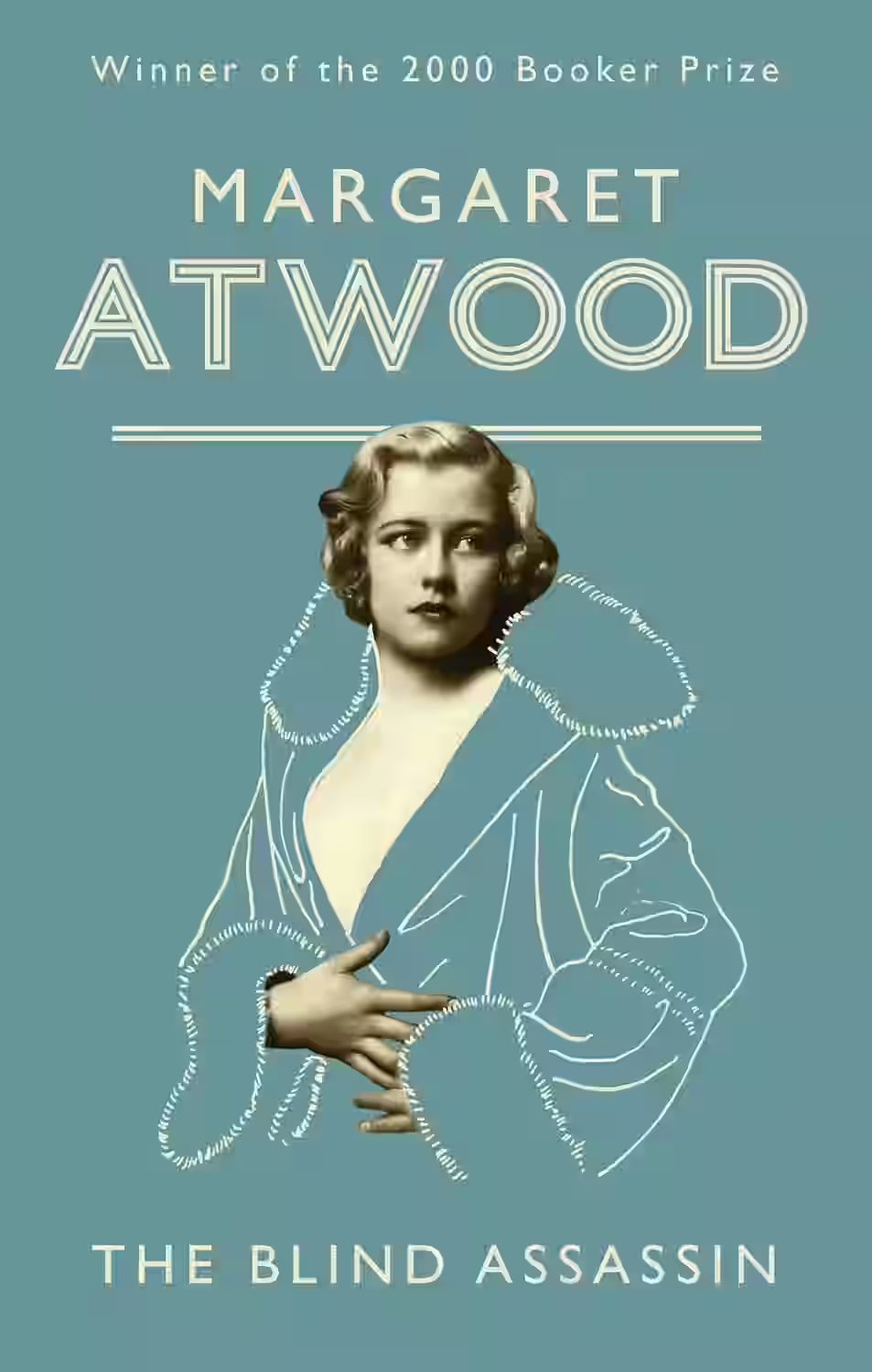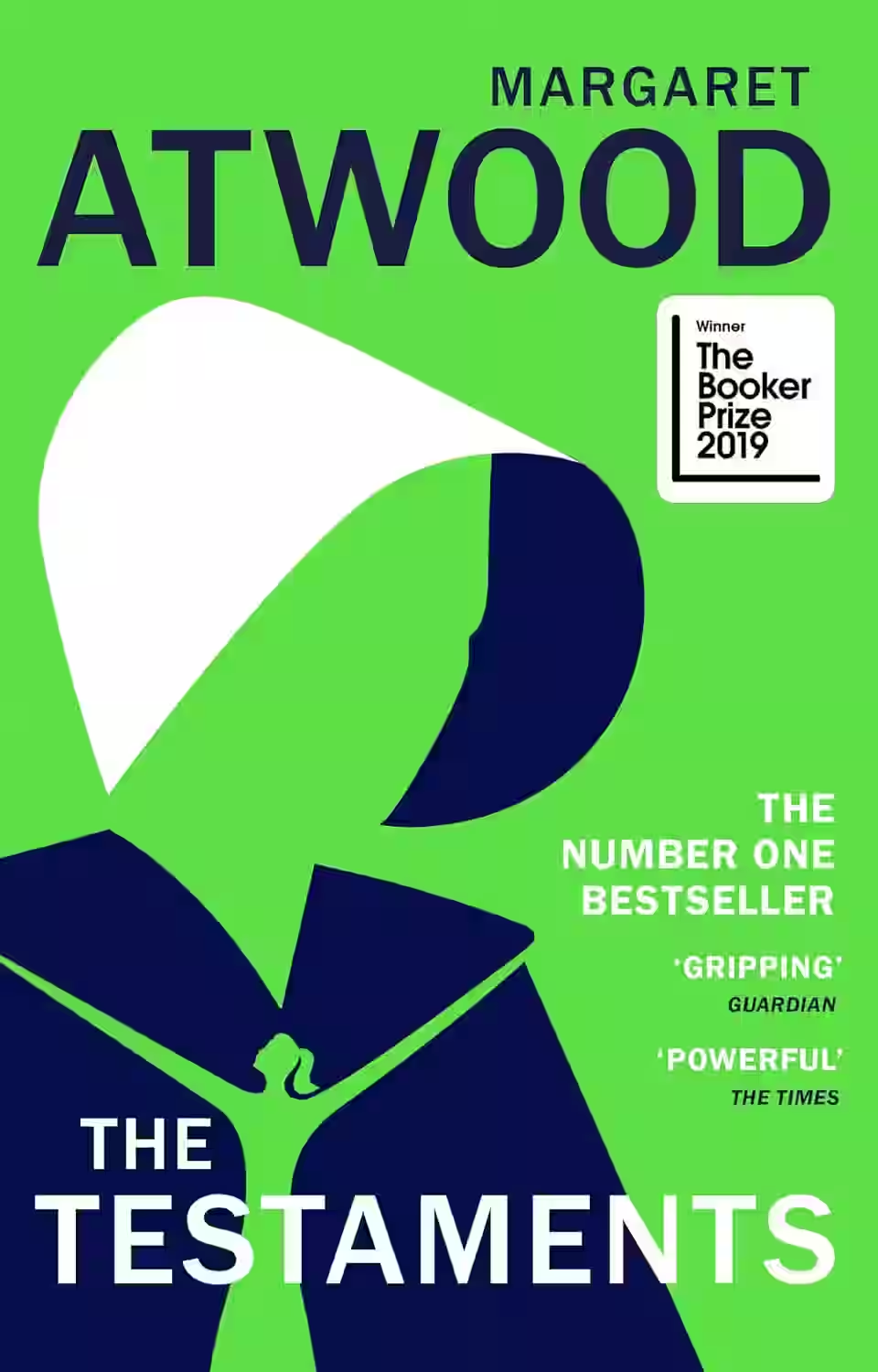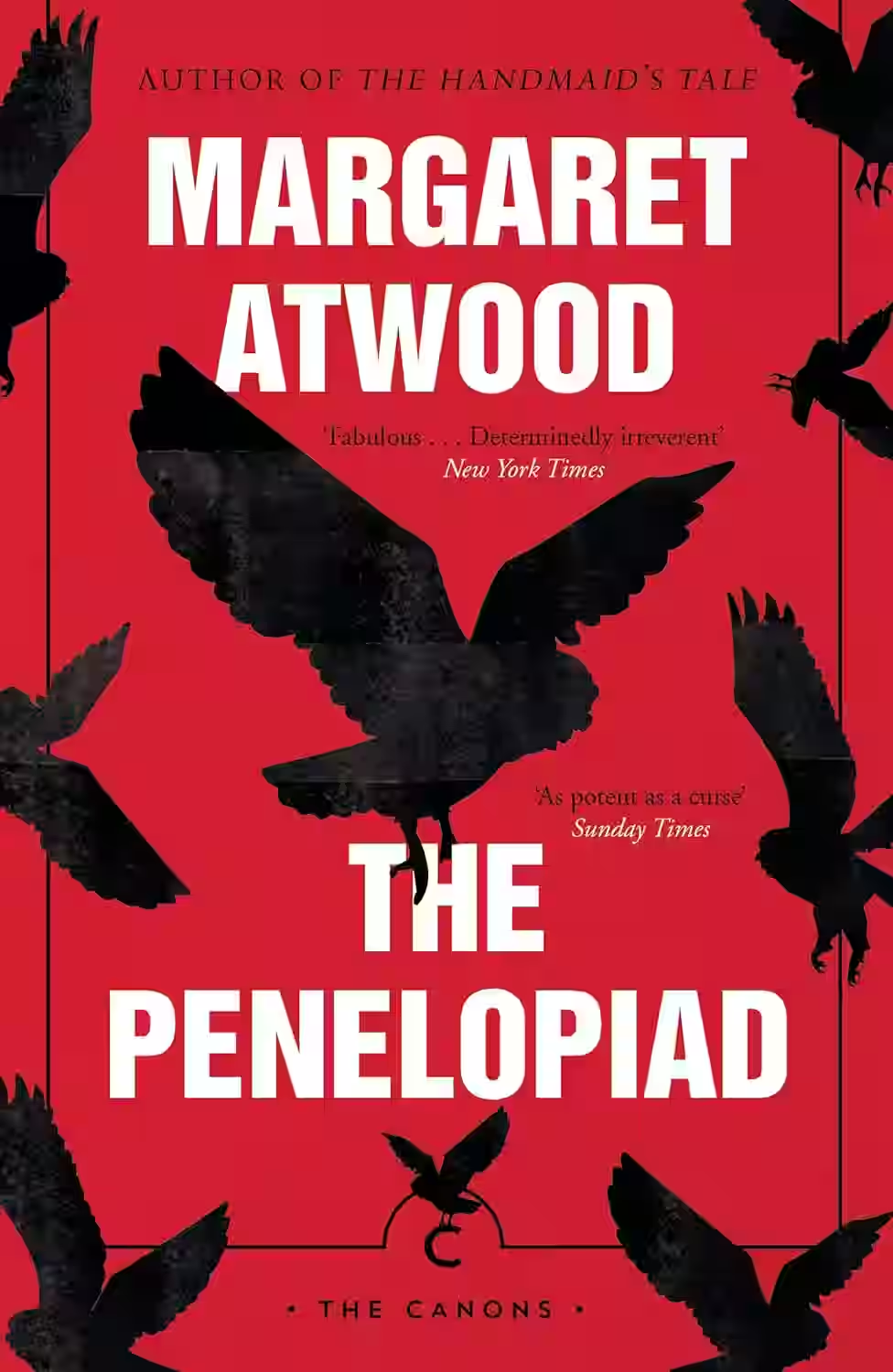Margaret Atwood
A prolific and influential Canadian author known for her dystopian novels, feminist themes, and insightful social commentary. Works like The Handmaid's Tale and The Testaments explore power, gender, and environmental concerns with chilling prescience. Atwood's sharp prose and thought-provoking narratives have made her a vital voice in contemporary literature, challenging readers to consider the complexities of the human condition and societal structures.

In the Republic of Gilead, a theocratic regime has stripped women of their rights and forced them into distinct social classes. Through the eyes of Offred, a Handmaid assigned to bear children for elite couples, we see a chilling exploration of gender, power, and resistance in a society that feels disturbingly possible.

At eighty-two, Iris Chase lives in faded obscurity in Port Ticonderoga, a town once shaped by her wealthy family. Reflecting on her life and the tragic death of her sister Laura, Iris revisits the scandals that followed the posthumous publication of The Blind Assassin—a novel that earned Laura cult status. Set in the 1930s, the book-within-the-book tells of a secret affair between a fugitive and a privileged woman who escape into a sci-fi tale of Planet Zycron. As fiction and reality intertwine, themes of love, betrayal, and loss unfold. Margaret Atwood’s novel is haunting, darkly humorous, and masterfully layered.

A sequel to The Handmaid’s Tale, The Testaments is set fifteen years after the original novel. It follows three female narrators—Aunt Lydia, a powerful enforcer of Gilead’s laws; Agnes, a girl raised in Gilead; and Daisy, a Canadian teenager unknowingly tied to the regime. Their stories intertwine to expose the fragility and hypocrisy of Gilead’s power structure. Atwood crafts a thrilling and timely narrative that explores resistance, indoctrination, and female agency in a dystopian society. The novel deepens the world of Gilead while offering a glimmer of hope for its collapse.

Margaret Atwood's "The Penelopiad" offers a fresh perspective on Homer's legendary narrative by retelling 'The Odyssey' from Penelope's viewpoint. The novella paints a vivid portrayal of Odysseus' wife, Penelope, as she waits for his return while ruling Ithaca and dealing with suitors vying for her hand. Atwood interlaces Penelope’s narrative with a chorus of her twelve maids, offering a critique of historical injustice and the silencing of female voices. Through wit and poetic prose, Atwood explores themes of power, loyalty, and the complexities of female identity. This narrative reimagining sheds light on ancient myth, gifting readers with a story that is both timeless and eerily relevant to contemporary issues of feminism and justice.